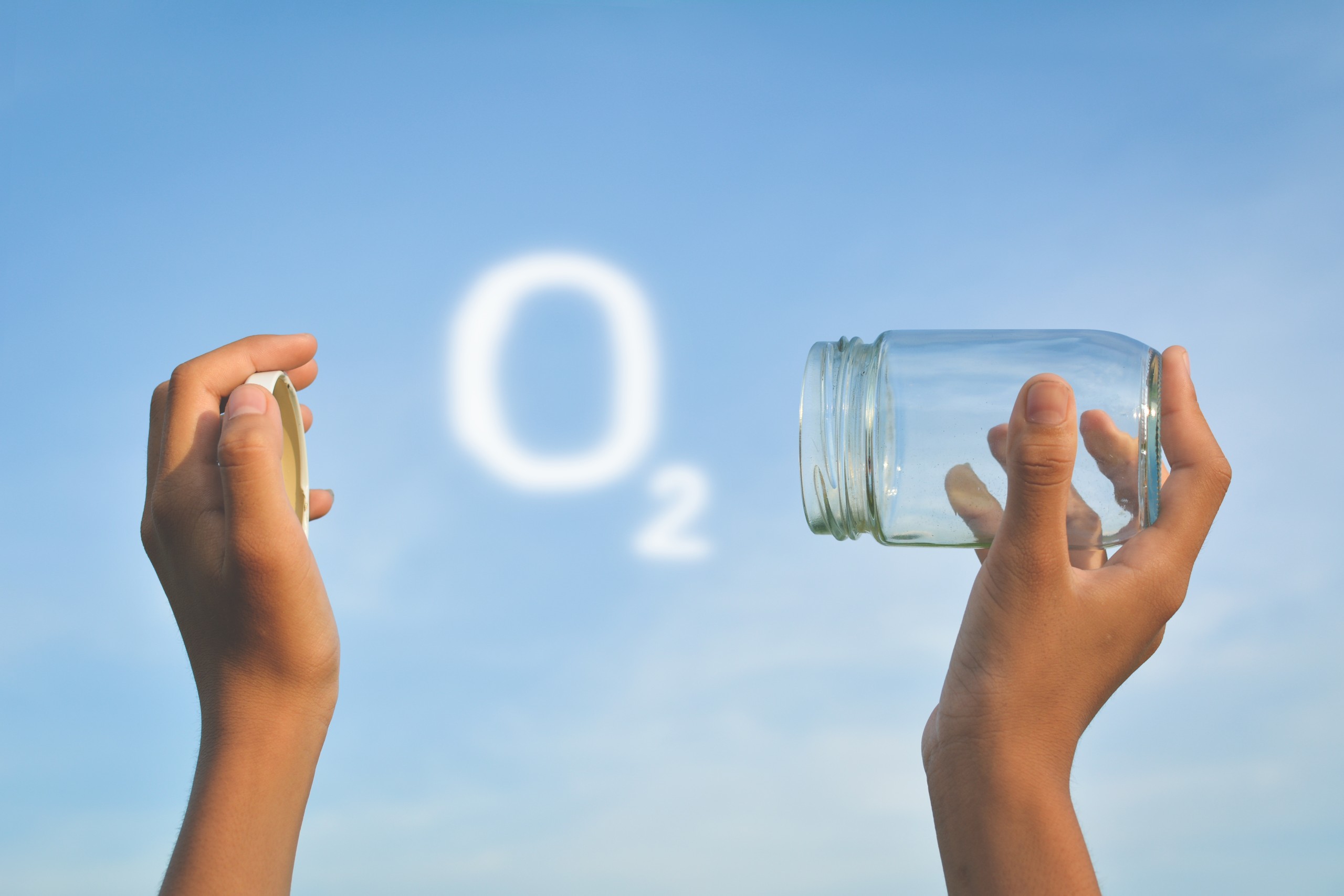Introduction: Understanding the Significance of International Clean Air for Blue Skies Day
International Clean Air for Blue Skies Day, air pollution awareness, environmental protection, global initiative
Introduction:
Clean air is a fundamental necessity for all living beings, and its significance cannot be overstated. In recent years, the issue of air pollution has gained significant attention worldwide, prompting global initiatives aimed at raising awareness and promoting environmental protection. One such initiative is the International Clean Air for Blue Skies Day.
International Clean Air for Blue Skies Day serves as a reminder of the urgent need to address air pollution on a global scale. It brings together individuals, communities, organizations, and governments to collectively work towards cleaner and healthier environments. This day serves as a platform to educate people about the detrimental effects of air pollution on human health, ecosystems, and the planet as a whole.
The importance of clean air goes beyond mere aesthetics; it directly impacts our well-being and quality of life. Breathing in polluted air can lead to respiratory diseases, cardiovascular problems, and other serious health issues. Furthermore, pollutants released into the atmosphere contribute to climate change and damage delicate ecosystems.
Through this global initiative, we are encouraged to take action at both individual and collective levels. By reducing our carbon footprint through sustainable practices such as using renewable energy sources, conserving energy, promoting public transportation systems, and adopting eco-friendly habits in our daily lives – we can contribute towards cleaner air for ourselves and future generations.
The International Clean Air for Blue Skies Day serves as a call-to-action for governments worldwide to strengthen environmental regulations aimed at reducing emissions from industries and implementing effective policies that prioritize clean air goals. It also highlights the importance of international collaboration in addressing this global issue.
In conclusion, International Clean Air for Blue Skies Day reminds us that clean air is not just an abstract concept but an essential element necessary for our survival. It emphasizes the need for increased awareness about air pollution’s impact on human health and ecosystems while urging individuals and governments alike to take proactive steps towards achieving cleaner skies across borders.
The Impact of Air Pollution on Our Health and the Environment
Air pollution health effects, environmental consequences, climate change, respiratory diseases
The detrimental effects of air pollution on both human health and the environment cannot be ignored. The impact it has on our well-being is a pressing concern that requires immediate attention.
Exposure to air pollution has been linked to a wide range of health issues, particularly respiratory diseases. The inhalation of polluted air can lead to the development or exacerbation of conditions such as asthma, bronchitis, and even lung cancer. Furthermore, long-term exposure to air pollutants can have lasting effects on cardiovascular health, increasing the risk of heart attacks and strokes.
Beyond its impact on human health, air pollution also poses a significant threat to the environment. The release of pollutants into the atmosphere contributes to climate change by trapping heat and altering weather patterns. This not only affects ecosystems but also leads to rising sea levels and extreme weather events.
Additionally, air pollution has dire consequences for biodiversity and ecological balance. It harms plant life, disrupts natural habitats, and threatens animal species that rely on clean air for survival.
Addressing the issue of air pollution is crucial for safeguarding our health and preserving the environment for future generations. It requires collective efforts from governments, industries, and individuals alike to reduce emissions, promote sustainable practices, and invest in cleaner technologies.
By taking decisive action against air pollution, we can create healthier environments for ourselves while mitigating the devastating effects it has on our planet’s delicate ecosystems.
Promoting Sustainable Transportation to Improve Air Quality
Clean transportation alternatives, electric vehicles, public transportation systems, reducing carbon emissions
Promoting sustainable transportation is not just about reducing traffic congestion, but it also plays a crucial role in improving air quality and reducing carbon emissions. As the world becomes more aware of the environmental impact of traditional transportation methods, there is a growing need to explore clean alternatives.
One of the key solutions is the adoption of electric vehicles (EVs). These vehicles produce zero tailpipe emissions, helping to reduce air pollution significantly. Governments and organizations are incentivizing the purchase and use of EVs through subsidies, tax credits, and infrastructure development.
Another effective approach is enhancing public transportation systems. By investing in efficient and accessible public transport networks, we can encourage people to leave their cars at home and opt for greener options. This not only reduces individual carbon footprints but also contributes to improved air quality in densely populated areas.
Furthermore, promoting sustainable transportation goes beyond just individual choices. It requires collaboration between governments, businesses, and communities to develop comprehensive strategies that prioritize clean transportation alternatives. This can include expanding bike lanes, implementing carpooling programs, and integrating renewable energy sources into public transit systems.
By actively promoting sustainable transportation options, we can make significant strides towards improving air quality and mitigating climate change. Together, we have the power to create a cleaner and healthier future for generations to come.
The Role of Industries and Governments in Reducing Air Pollution
Sustainable industry practices, emission regulations and policies, corporate responsibility in reducing air pollution
Industries and governments play a crucial role in reducing air pollution and promoting sustainable practices. With the increasing concerns about environmental impact, it has become imperative for industries to adopt sustainable practices that minimize their contribution to air pollution.
Emission regulations and policies set by governments serve as a framework for industries to follow. These regulations ensure that companies adhere to certain standards and take necessary measures to reduce their emissions. By enforcing these policies, governments encourage industries to invest in cleaner technologies and processes that help mitigate air pollution.
However, it is not solely the responsibility of governments to tackle this issue. Industries also have a corporate responsibility towards reducing air pollution. They can proactively implement measures such as adopting cleaner energy sources, optimizing production processes, and investing in eco-friendly technologies. By taking these steps, industries can significantly reduce their carbon footprint and contribute towards cleaner air for everyone.
Furthermore, collaboration between industries and governments is essential in addressing this global challenge. Governments can provide incentives and support for companies that actively work towards reducing air pollution. Likewise, industries can actively engage with policymakers to create effective strategies that align with environmental goals.
In conclusion, the role of both industries and governments is vital in reducing air pollution. Through sustainable industry practices, emission regulations, corporate responsibility initiatives, and collaborative efforts between stakeholders, we can pave the way towards a cleaner future with improved air quality for all.
Individual Actions that Make a Difference in Attaining Clean Air for All
Reducing personal carbon footprint, energy conservation tips, waste management practices
In the pursuit of clean air for all, it is essential to recognize that individual actions can have a significant impact. By taking steps to reduce our personal carbon footprint and adopting energy conservation tips, we can contribute towards creating a cleaner and healthier environment.
One effective way to make a difference is by embracing energy-saving practices in our daily lives. This includes simple actions such as turning off lights when not in use, using energy-efficient appliances, and adjusting thermostats to conserve energy. By being mindful of our consumption habits, we can reduce the demand for fossil fuels and decrease harmful emissions.
Another crucial aspect is practicing proper waste management. Recycling and composting are effective ways to minimize waste sent to landfills, which release harmful greenhouse gases when organic materials decompose. By separating recyclables from trash and composting food scraps, we can divert waste from landfills and contribute to cleaner air quality.
Furthermore, choosing sustainable transportation options like walking, cycling, or using public transportation whenever possible can significantly reduce vehicle emissions. Carpooling or utilizing rideshare services also helps in reducing the number of vehicles on the road, thereby decreasing pollution levels.
By taking these individual actions collectively as a society, we can create a positive impact on air quality for ourselves and future generations. It is through our conscious efforts that we can attain clean air for all and foster a healthier environment for everyone to enjoy.
Collaborating with Communities to Create Lasting Change
Engaging local communities in clean air initiatives, grassroots movements for clean air advocacy
When it comes to creating lasting change, engaging local communities is crucial. By collaborating with communities, we can harness the power of grassroots movements and make a significant impact in areas such as clean air initiatives.
Clean air advocacy is a pressing issue that affects us all. By involving local communities in these efforts, we can create a sense of ownership and responsibility among residents. This collaboration allows for the sharing of ideas, resources, and expertise, leading to more effective solutions.
Grassroots movements have proven to be powerful catalysts for change throughout history. They bring together individuals who are passionate about a cause and empower them to take action at the community level. By tapping into this energy and enthusiasm, we can mobilize communities towards cleaner air and a healthier environment.
Engaging local communities also ensures that initiatives are tailored to their specific needs and challenges. It promotes inclusivity by giving everyone a voice in decision-making processes. This approach fosters trust, cooperation, and long-term commitment from community members.
In conclusion, collaborating with communities is essential for creating lasting change in clean air initiatives. By embracing grassroots movements for clean air advocacy, we can tap into the collective power of individuals who are passionate about making a difference at the local level. Together, we can build healthier environments for ourselves and future generations to come.
Conclusion: Join the Movement Towards Cleaner Air and a Sustainable Future
Cleaner air, sustainable future, join the movement, environmental impact, collective effort
In conclusion, it is undeniable that the need for cleaner air and a sustainable future has never been more urgent. The environmental impact of our actions is becoming increasingly evident, and it is crucial that we take responsibility for our role in shaping the world we live in.
Joining the movement towards cleaner air and a sustainable future is not just an individual choice; it requires a collective effort. Each one of us has the power to make a difference through small yet impactful changes in our daily lives. Whether it’s reducing our carbon footprint by using public transportation or adopting energy-efficient practices at home, every action counts.
By coming together as a community, we can create a ripple effect that will lead to significant positive change. Governments, businesses, and individuals must work hand in hand to implement policies and practices that prioritize sustainability and protect our environment for future generations.
It’s time to step up and be part of the solution. Joining the movement towards cleaner air and a sustainable future is not only about improving our own quality of life but also ensuring a better world for generations to come. Together, let’s embrace this challenge with determination and optimism as we pave the way towards a greener tomorrow.




